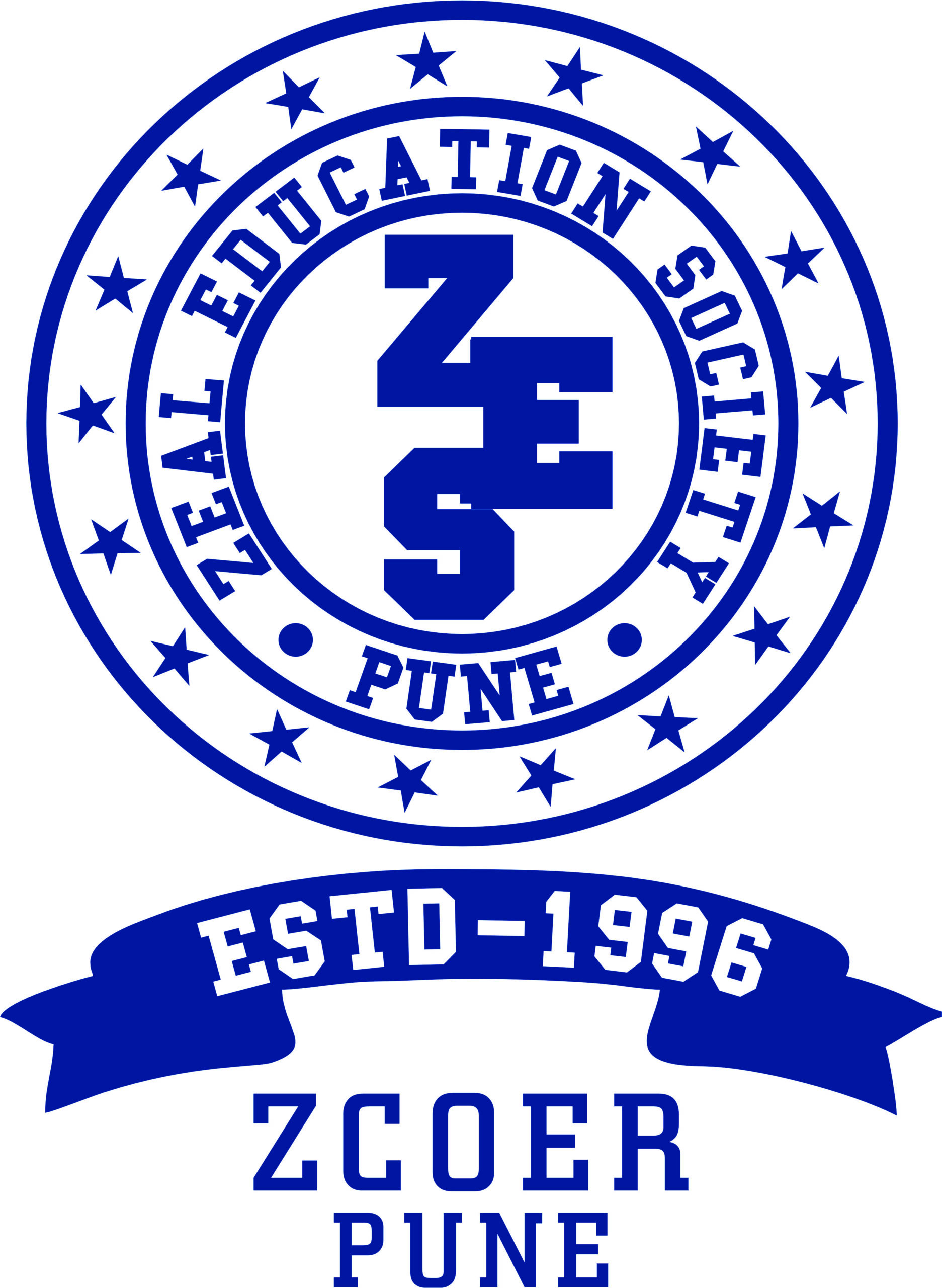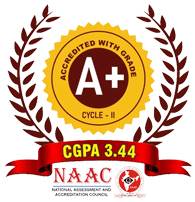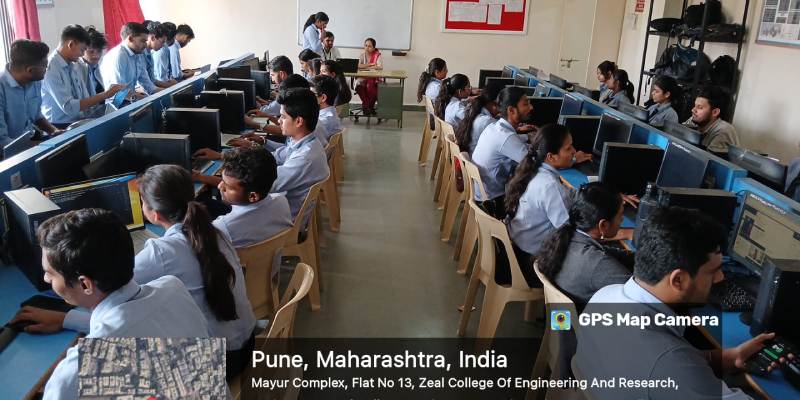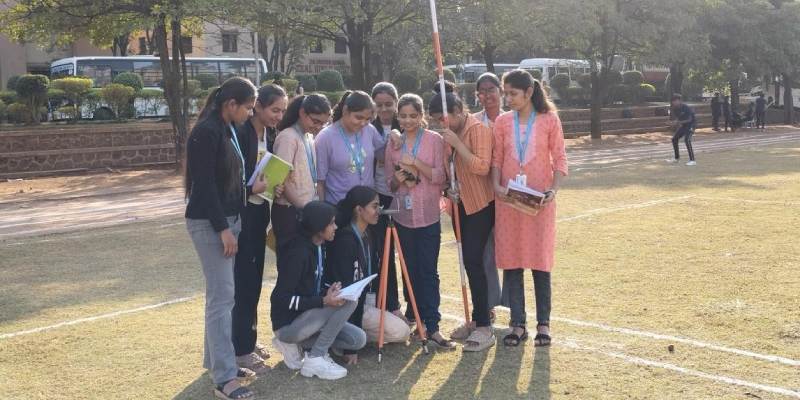The primary purpose of this training program was to provide students with hands-on experience and practical knowledge of two-wheeler servicing. This initiative aimed to enhance students’ technical proficiency, bridging the gap between theoretical knowledge and real-world applications. It was also designed to foster problem-solving skills, aligning with the Project-Based Learning (PBL) activities specified in the SPPU syllabus.
Key objectives include:
- Equipping students with essential technical skills for servicing two-wheelers.
- Enabling practical application of mechanical engineering concepts.
- Supporting students’ professional development and readiness for the automotive industry.
- Facilitating integration of the training outcomes with the PBL activity (worth 50 marks).
Key Features of the Training
- Collaborative Learning: Organized in partnership with an external agency to ensure expert guidance and industry-aligned curriculum.
- Structured Assessments: Regular assessments to monitor and grade students’ performance.
- Hands-On Practice: Emphasis on practical exercises to enhance learning.
- Affordable Access: Training fee set at an economical rate of ₹500/- to ensure wide participation.
- Integrated Learning: Direct linkage to the PBL framework, allowing students to earn credits through practical engagement.
Outcome and Evaluation
The training program successfully achieved its objectives:
- Skill Development: Students gained comprehensive knowledge of two-wheeler components, servicing techniques, and maintenance procedures.
- Evaluation: Regular assessments were conducted, and students’ grades were recorded. These grades will contribute to their final PBL evaluation as per the SPPU syllabus.
- Practical Application: Students demonstrated improved confidence and technical competence during hands-on activities
Topics discussed during lecture:
| Sr. No | Contents Covered | PO’s Mapping to the Contents |
|---|---|---|
| 1 |
Introduction to Two-Wheeler Mechanisms: Overview of two-wheeler components and their functions. Engine Maintenance: Understanding engine types, servicing protocols, and troubleshooting techniques. Brake and Clutch Systems: Detailed study and practical servicing of braking and clutch systems. Electrical Systems: Basics of two-wheeler electrical systems, including battery maintenance and wiring. Fuel Systems: Insights into fuel delivery mechanisms, carburetors, and injection systems. Periodic Maintenance: Importance and methodology of routine servicing. |
PO1, PO2, PO3, PO4, PO6, PO7, PO9, PO10, PO12 PSO1, PSO2, PSO3, PSO4 |
Conclusion:
The five-day training program on Two Wheeler Servicing was a resounding success. It provided students with a valuable opportunity to acquire practical skills and knowledge, essential for their academic and professional growth. The integration with PBL ensured that the learning was holistic and relevant to their academic curriculum. The overwhelmingly positive feedback from students reaffirms the importance of continuing such initiatives in the future.
The Mechanical Department extends its gratitude to the external agency for their support and expertise and to the students for their enthusiastic participation. This program sets a benchmark for future training endeavors at ZCOER.






